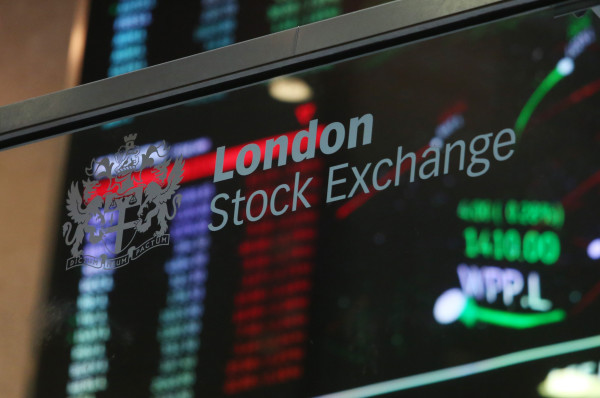

The UK's 100 biggest companies are contributing four times as much to defined contribution pensions as they did in 2009, a report by Willis Towers Watson has found.
Over the past eight years, which saw the staged introduction of auto-enrolment, the assets held in FTSE 100 DC schemes increased seven-fold.
The report found 98 per cent of employees of FTSE 350 companies were now enrolled in their company's DC workplace pension, leading Willis Towers Watson to claim the DC sector had "come of age".
The growth of DC contrasted with the dramatic decline of defined benefit schemes. The report found only 54 per cent of FTSE 100 companies still offered DB pensions to existing members, down from 84 per cent in 2009.
But the consultancy firm said the DC sector still had some "growing up to do" in areas such as the development of delivery vehicles, contribution designs and member education and support.
Richard Sweetman, senior consultant at Willis Towers Watson, said: "The impression we get from compiling this major survey is that the UK’s biggest employers are broadly happy with the scale of their commitment to DC pensions.
"However, we also see an appetite to look at ways of making arrangements work better, particularly in identifying the best vehicle for delivering DC (as seen in the emergence of master trusts), restructuring contributions to allow wider savings options, improving investment strategies and introducing enhanced member information and support around adequacy and retirement options."
The research found FTSE 100 employers were paying up to 10 per cent of pay into pension schemes. But it found a "slight fall" in contribution rates by FTSE 250 employers.
While the majority (79 per cent) of FTSE 350 schemes used a flat rate of contribution for all employees, the report found 64 per cent of schemes had "some element" of matching employee contributions.
While contract-based pension arrangements were still by far the most popular with large listed companies, the use of master trusts rose from 8 per cent to 15 per cent.
The average member fee for a FTSE 100 scheme was 36 basis points, with "lifestyle" investment strategies remaining the most popular.
The report found most schemes offered "some level" of at-retirement guidance or advice to members. Trust-based schemes were more likely than contract-based schemes to provide access to a third-party service, rather than directing members to their own products.
Unlike contract-based schemes, which are regulated by the Financial Conduct Authority and generally provided by big insurance companies, trust-based schemes generally do not offer retirement products.
james.fernyhough@ft.com



